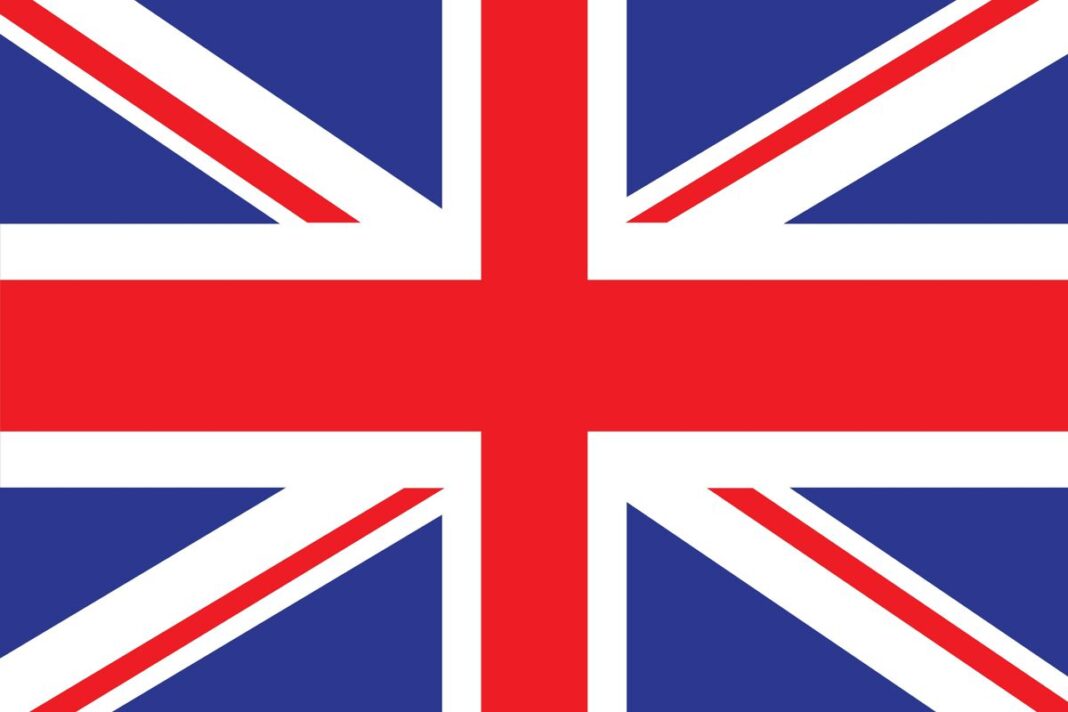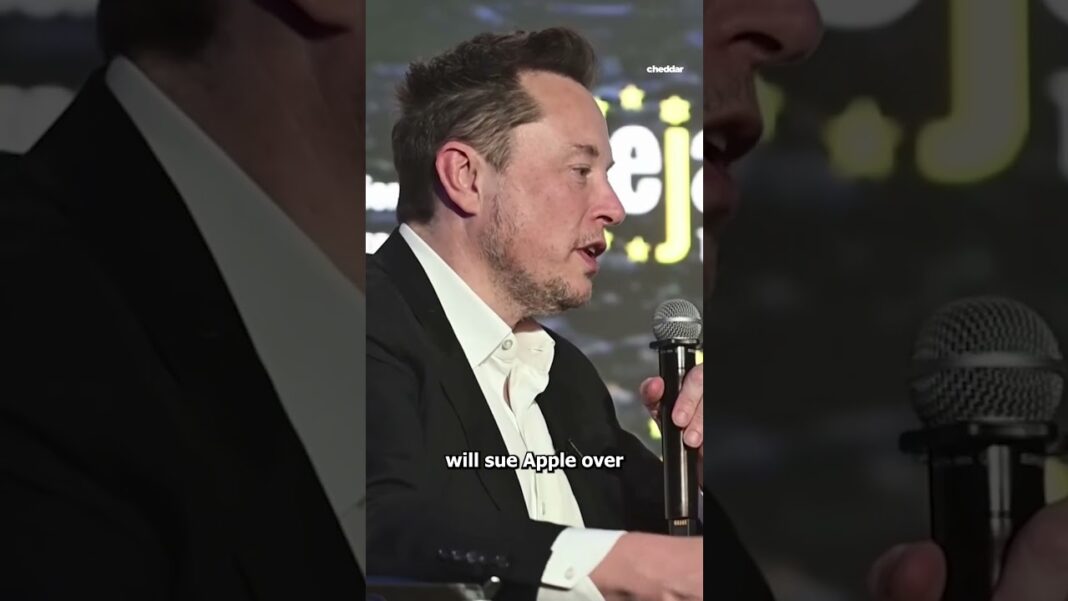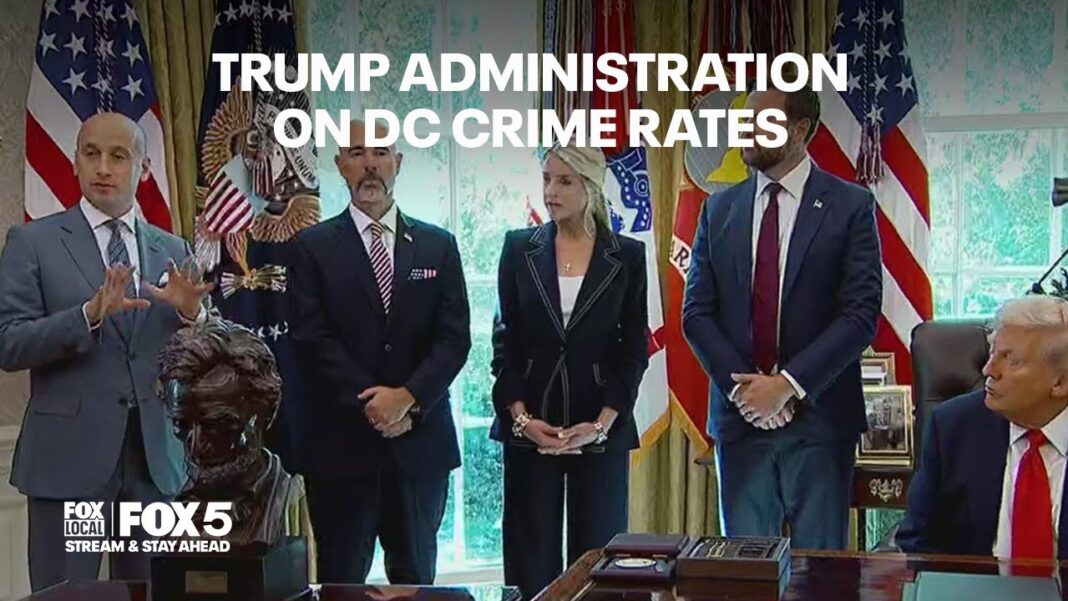This is a welcome break from more serious writing on the issues of the day. I have seen, much to my delight and concern, a great deal of American interest in British politics. The assumption in the minds of American commentators, politicians, and analysts is that the UK has “gone to the dogs” because of the emergence of a “woke” political ideology.
This statement is only partially true. The UK faces a range of difficulties and multiple crises, including a public funding “black hole,” a cost-of-living crisis, and its own border crisis. On top of that, Northern Ireland and Scotland have strong local support for leaving the union. Beyond this, the UK has a culture war that is mainly limited to university campuses. Let’s not forget the remnants of British class antagonism. So, the key difference between the US and the UK is that the United States of America faces one clear battle: generally speaking, the woke vs. traditional meritocratic society.
The UK doesn’t work like this. There are never just two sides to a British general election. The UK currently has two conservative parties: one represents upper- and middle-income people of conservative opinion, called the Conservative Party, while Reform UK represents a more blue-collar vision of conservatism.
The same is true of the left. You have a middle-income, left-wing party, the Liberal Democrats, who traditionally represent low-tax on the middle class but socially liberal views. You also have a blue-collar, left-wing party that is high-tax and socially moderate: the Labour Party, currently in government. This is something alien to Americans.
That’s without mentioning the regional independence movements that run entire nations in the UK, such as Scotland, which is run by the Scottish National Party, which eventually wants an independent Scotland. So, the first thing to remember is that British politics doesn’t mirror what is happening in America.
A Distinct Philosophical Foundation
The second bit is very hard to explain. In the imagination of most people, UK politics doesn’t tie values to who you are voting for. Here’s the very hard bit to understand: Britain wasn’t founded on common values. Instead, it’s a product of the feudal system, which has now vanished. The British people were initially united by a common institutional loyalty to a monarchy.
Even though that has changed and British values exist as token guidelines, the British people have never been able to, in heart or mind, make voting an extension of a personal value system. This is because British politics’ origins rested on economic management, which can be plainly seen by the prime minister being called the “Lord Treasurer” until the 18th century. Moral direction mainly belonged to other institutions.
It was never seen as the responsibility of elected officials to promote morality. Instead, that lay with the national church, the Anglican Communion, and should also be taken from the example of the monarch. This has traditionally pushed elected officials into the role of economic managers. As democracy has grown in the UK, with the monarch and Anglican Church becoming institutions more ceremonial in nature, politicians in the British public’s mind are still not seen as the nation’s moral guardians.
The Conservative Party, under John Major in the 1990s, ran a “Back to Basics” campaign, wanting to push for a return to family values, etc. He found, to his horror, a massive national landslide against his party in the 1997 election, where millions of conservative voters turned against him even though they shared his values. The campaign was also perceived as trying to stop “woke” politics, with even liberals saying, “I agree with you, but you do not have the authority to say that.” This was simply because they felt he didn’t have the authority to tell the British public how to live.
This created a ‘naturalist philosophy’ which argues that a nation’s morality should be allowed to organically grow like a wild meadow that comes from nature and must be shaped by natural forces, not by the government. Meanwhile, a nation’s economy is mechanical and man-made, so it’s man’s responsibility to manage it through the government.
This is accompanied by a ‘culture of political privacy’. For most, though not all, who you vote for is between you and the ballot. Politics, like religion, isn’t something that is seen, most of the time, especially among older generations, as polite conversation, particularly with people you do not know well.
This is being challenged by some members of the younger generation, as is the naturalist philosophy generally, but it is creating fragmentation as no value system can find itself supported by legitimate authority, especially as the unwritten constitution demands the monarch be politically neutral. Even more difficult is that most of the young population who aren’t massively into the monarchy would reject the monarch’s authority to tell them what individual values should be based on, immediately converting to a naturalistic philosophy.
This makes British politics a pick-and-mix market of whatever individuals deem appropriate. This is ironically restoring in the UK an institutional understanding. An easy small-scale example of this thinking is “I drive 20 miles an hour not because I agree with the speed limit. Instead, I respect the authority that put it there.” This legalistic view of shared respect for authority is somehow enough to glue Britain together.
Now, if this system creates value anarchy or ultimate freedom of choice, I can’t answer. All I can say is that that is the state of the UK for now.
The Immigration Debate
Even though there is a deceptively lively debate surrounding migration, especially illegal migration, this could challenge the aforementioned philosophy. However, this debate isn’t driven by the same force as in America: meritocracy. In America, the prevailing idea is that the best in the world should come over and commit to American law from day one.
In the UK, the debate can have xenophobic roots and doesn’t just stop at a desire to stop illegal migration. Considering how historically great migrations have half the time carried invaders, like the Vikings, it’s understandable to react in this way. Let there be no mistake, the desire for some is to get rid of foreigners because they are foreigners. The only caveat being that it doesn’t matter if they’re white, Black, or Asian. It can take a more limited form of wanting to remove only foreigners who do not conform to the dominant culture.
A lot of people who are not xenophobic are against migration. The argument is simply that the UK is a small island, which wasn’t meant for the nearly 70 million people we have. We sadly can’t handle any more migrants, even though we have nothing against their different culture. Obviously, they want these people to be well-vetted and come legally. They may want a short period of freezing migration to the UK.
The other side of the coin points to staff shortages in essential areas, such as the dentist shortage, which has been rolling on for decades. This has led to rumors about the UK’s poor teeth despite the industry’s privatization. They argue there’s a skill shortage that can only be filled to meet the nation’s needs at this moment through migration. Also, the number of babies born is in decline, meaning that without migration, we will not be able to support the industries we have.
No one knows one way or the other who is right. It’s nearly impossible to work out how many human beings we can fit into the UK. Our current scientific surveys can’t accurately say that the birth rate is declining until it is too late to act on the matter. It’s a stalemate where it’s not clear who is right in the UK.
This reasoning differs from the American meritocratic view that migrants who come to America should be the best of humanity. I hope this has given the reader some understanding of UK politics and has highlighted how even in areas where it looks similar, the reason behind wanting to do the same thing is very different. I hope this piece was informative and helpful in understanding the UK
.








